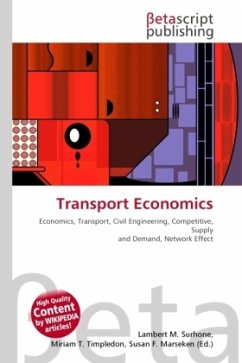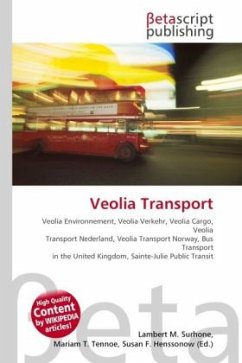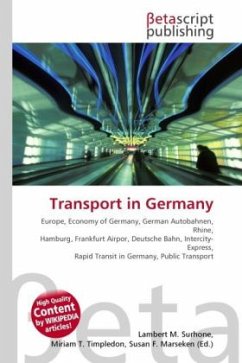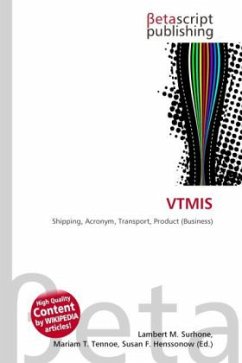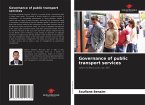High Quality Content by WIKIPEDIA articles! Transport economics is a branch of economics that deals with the allocation of resources within the transport sector and has strong linkages with civil engineering. Transport economics differs from some other branches of economics in that the assumption of a spaceless, instantaneous economy does not hold. People and goods flow over networks at certain speeds. Demands peak. Advanced ticket purchase is often induced by lower fares. The networks themselves may or may not be competitive. A single trip (the final good from the point-of-view of the consumer) may require bundling the services provided by several firms, agencies and modes. Although transport systems follow the same supply and demand theory as other industries, the complications of network effects and choices between non-similar goods (e.g. car and bus travel) make estimating the demand for transportation facilities difficult. The development of models to estimate the likely choices between the non-similar goods involved in transport decisions (discrete choice models) led to the development of an important branch of econometrics, and a Nobel Prize for Daniel McFadden.
Bitte wählen Sie Ihr Anliegen aus.
Rechnungen
Retourenschein anfordern
Bestellstatus
Storno

